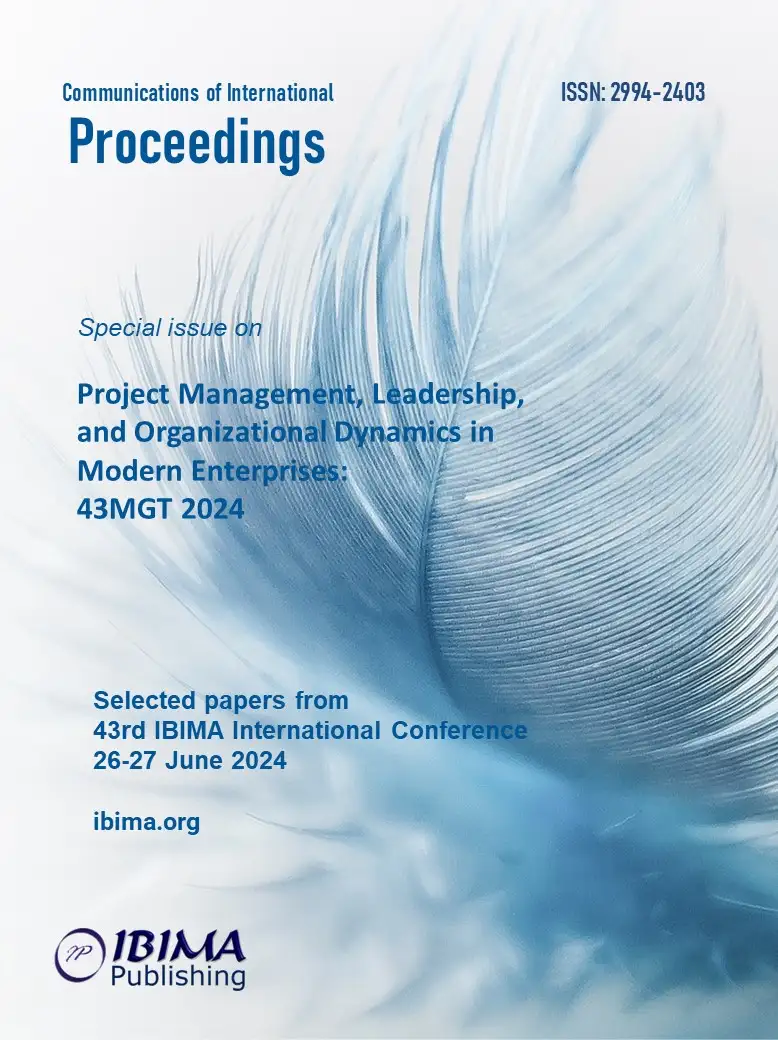
Svetlana S. Morkovina and Nataliya V. Yakovenko
Voronezh State University of Forestry and Technologies named after G.F. Morozov, Russia

Subject. Development of ‘green’ entrepreneurship in the context of ensuring sustainable ecologically-balanced development of Russian regions.
Purposes. To develop a conceptual framework for sustainable development of entrepreneurial segments of the green economy based on the use of sustainability tools.
Methodology. The methodological basis of this study includes a whole set of methods of scientific cognition, among which the methods of system analysis and synthesis are of fundamental importance.
Results. The priority of introducing mechanisms of green entrepreneurship development in Russian regions as a factor of ecological and economic balanced development was substantiated.
The structural components and criteria by which entrepreneurial activity can be considered “green” are identified. The key directions of “green” entrepreneurship and its role in the development of the region are outlined. It is substantiated that green entrepreneurship, closely interacting with various components of the socio-economic system of the region, provides a balance between socio-economic needs and environmental opportunities of a particular area. Forest-climatic projects are considered as an example of green entrepreneurship development in Russia. The problems of green initiatives implementation are revealed.
Conclusions. Based on the generalisation and systematisation of Russian and foreign experience, the theoretical substantiation of the content, role, classification and interdependence of instruments of sustainable development of business segments of the ‘green’ economy has been carried out, the concept of ‘sustainable development’ for the purposes of this study has been clarified.
Stimulating the development of green entrepreneurship in the region will contribute to the conservation of both natural and productive resources. The expansion of green entrepreneurship plays a key role in achieving ecological-economic balance, and consequently sustainable ecological-economic development of the region, and can be an important tool to achieve this purpose.